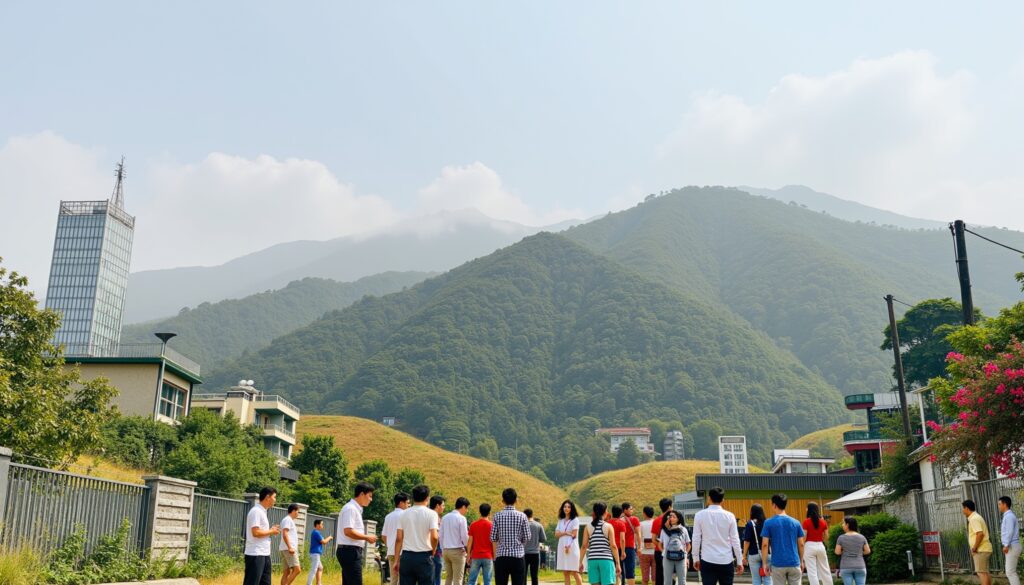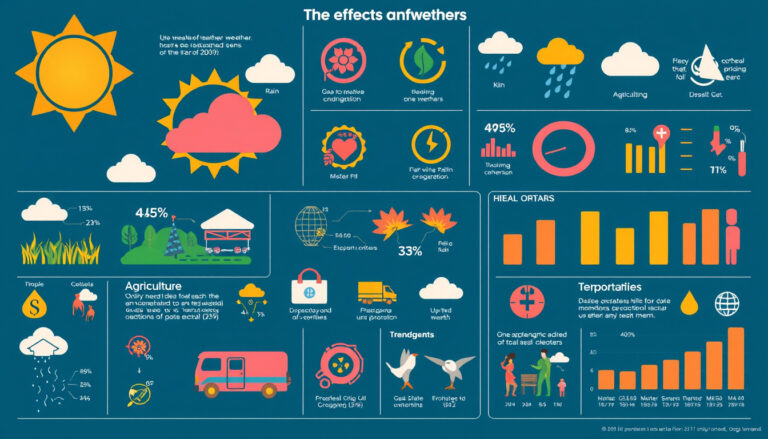In an era marked by rapid industrialization, climate change, and resource depletion, the concept of sustainable development has emerged as a beacon of hope for transforming our world.
At its core, sustainable development emphasizes the need for responsible management of resources to meet the needs of the present without compromising future generations’ ability to meet their own needs.
This article dives deep into sustainable development, exploring its significance, principles, goals, innovative strategies for its implementation, the challenges we face, and the vital role that individuals and communities play in fostering a sustainable future.
As we unlock the potential of sustainable development, we also unlock exciting opportunities for a healthier planet and a more equitable society.

Key Takeaways
- Sustainable development is essential for addressing the environmental and social challenges of our time.
- Implementing sustainability can lead to economic benefits and improved quality of life.
- Key principles include equitable resource distribution, environmental integrity, and social inclusion.
- Innovative strategies like renewable energy and sustainable agriculture are vital for achieving sustainability goals.
- Individuals and communities play a crucial role in promoting sustainability through advocacy and local initiatives.
Understanding Sustainable Development
Understanding sustainable development is crucial, especially in the context of global efforts to create a balance between economic growth and environmental conservation.
Sustainable development refers to the practice of meeting the needs of the present without compromising the ability of future generations to meet their own needs.
This concept encompasses three main pillars: economic stability, social inclusion, and environmental protection.
As the world faces unprecedented challenges such as climate change, resource depletion, and social inequality, embracing sustainable development has become a necessary strategy for governments, businesses, and communities alike.
By integrating sustainable practices into everyday decision-making, we can ensure not only the resilience of our ecosystems but also the prosperity of future societies.
The Importance of Sustainability in Today’s World
In today’s world, the importance of sustainability cannot be overstated.
Sustainable development is key to ensuring that we meet the needs of the present without compromising the ability of future generations to meet their own needs.
This approach not only addresses environmental challenges but also fosters economic growth and social equity.
As we face issues like climate change, resource depletion, and biodiversity loss, sustainable development strategies are crucial in guiding our decisions and actions.
By integrating sustainable practices in various sectors such as energy, agriculture, and water management, we can create a resilient infrastructure that supports both people and the planet.
Emphasizing sustainability also promotes innovation and empowers communities to thrive while respecting the ecological limits of our world.
‘The greatest threat to our planet is the belief that someone else will save it.’ – Robert Swan

Key Principles and Goals of Sustainable Development
Sustainable development is a multifaceted approach aimed at meeting the needs of the present without compromising the ability of future generations to meet their own needs.
This concept is anchored on three key principles: environmental protection, social equity, and economic growth.
The overarching goal of sustainable development is to create a balanced ecosystem where human activities harmonize with the natural environment, promoting long-term resilience and sustainability.
By prioritizing renewable resources, reducing waste, and encouraging social inclusion, sustainable development strives to foster a fair and prosperous society that respects the planet’s boundaries.
Businesses and governments alike are increasingly recognizing the importance of integrating sustainable practices into their operations, making significant strides towards a greener future.
Innovative Strategies for Achieving Sustainable Development
In an era marked by environmental changes and societal shifts, innovative strategies for achieving sustainable development have become imperative.
Governments, businesses, and communities are increasingly recognizing the need for integrated approaches that not only promote economic growth but also protect our planet and enhance the quality of life for all.
Emphasizing renewable energy sources, such as solar and wind, can significantly reduce carbon footprints while fostering local job creation.
Furthermore, sustainable urban planning, which incorporates green spaces and efficient public transport systems, enables cities to grow without sacrificing environmental health.
Education plays a pivotal role as well; by equipping individuals with the knowledge and skills to engage in sustainable practices, we nurture a population that values and actively participates in sustainability efforts.
Collaborating across sectors—public, private, and civil—creates a multifaceted approach to sustainable development that can yield long-lasting benefits.
This holistic mindset not only addresses immediate concerns but also paves the way for resilient communities that thrive in harmony with their natural surroundings.

Challenges and Barriers to Sustainable Development
Despite the growing awareness of the importance of sustainable development, various challenges and barriers continue to impede progress.
A lack of political will and coordination among stakeholders can hinder the implementation of effective sustainability policies.
Additionally, limited access to financial resources and technology poses significant obstacles, particularly in developing countries where investment in green infrastructure is critical.
Public awareness and education about sustainable practices are also lacking, leading to resistance against change and an undervaluation of the benefits of going green.
Furthermore, entrenched economic interests often prioritize short-term gains over long-term sustainability, creating conflicts that delay meaningful action.
To overcome these barriers, it is essential to foster collaboration between governments, businesses, and communities, ensuring that sustainable development becomes a shared priority that benefits everyone.
The Role of Individuals and Communities in Promoting Sustainability
As the global focus on sustainable development intensifies, individuals and communities play a pivotal role in ensuring that progress is both attainable and beneficial for future generations.
Grassroots initiatives often emerge from local groups dedicated to environmental stewardship, emphasizing education, conservation, and community engagement.
These initiatives not only foster a sense of shared responsibility but also inspire collective action towards sustainability goals.
For instance, community-led projects such as neighborhood clean-ups, urban gardening, and renewable energy installations are prime examples of how individuals can contribute to sustainable development.
Moreover, by supporting local businesses and advocating for policies that prioritize environmental health, communities can create ecosystems that are resilient to climate change while enhancing quality of life.
In essence, the integration of individual and community efforts is crucial in promoting sustainability, proving that even small actions can lead to substantial impact.
Frequently Asked Questions
What is sustainable development?
Sustainable development is a holistic approach to growth that meets the needs of the present without compromising the ability of future generations to meet their own needs.
It integrates economic, social, and environmental goals.
Why is sustainable development important today?
Sustainable development is crucial today due to the pressing challenges of climate change, resource depletion, and social inequality.
It aims to create a balanced approach to development that ensures a healthier planet and equitable societies.
What are the key principles of sustainable development?
The key principles of sustainable development include integration of environmental health, economic viability, and social equity.
It also emphasizes participatory decision-making and the importance of respecting ecological limits.
How can individuals contribute to sustainable development?
Individuals can contribute to sustainable development by adopting eco-friendly practices, reducing waste, supporting sustainable businesses, and advocating for policies that promote sustainability within their communities.
What are some challenges to achieving sustainable development?
Challenges to achieving sustainable development include political inertia, economic disparities, lack of awareness, limited access to resources, and resistance to changing established practices.
These barriers can hinder progress and necessitate concerted efforts at all levels.





